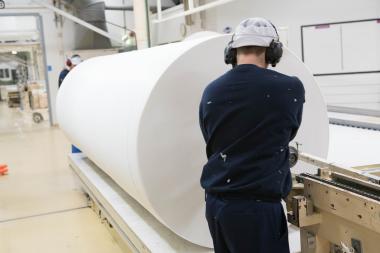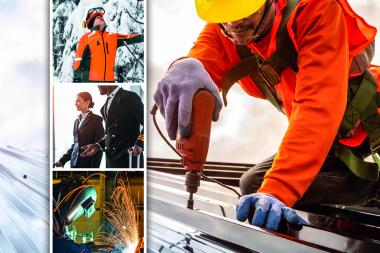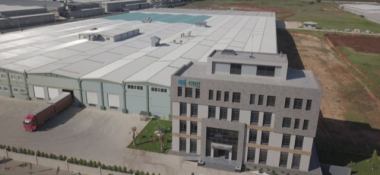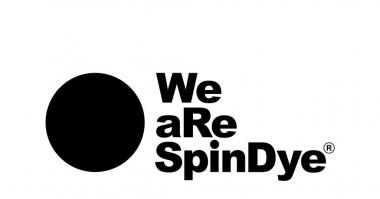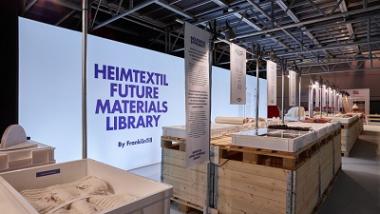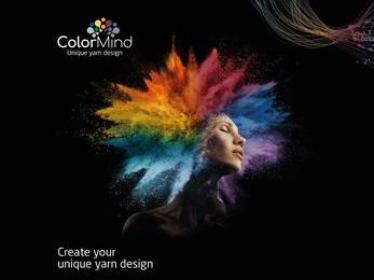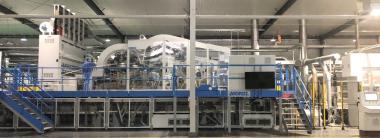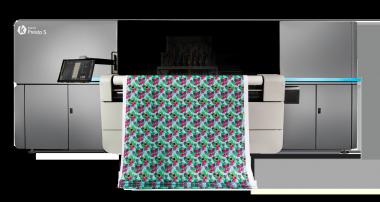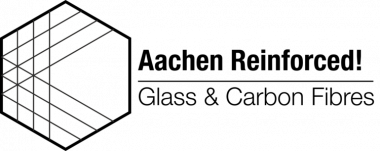Suominen: Progress in Sustainability, decreasing EBITDA expected
As part of Suominen Corporation’s Half-Year Financial Report for January 1 – June 30, 2021 the company shared their insights and actions defined in their sustainability agenda.
A new Code of Conduct was launched in the beginning of 2021 and a mandatory training program about the Code will be start in the third quarter of this year.
Suominen is committed to continuously improving their production efficiency and the efficient utilization of natural resources. What active measures towards reducing energy consumption, greenhouse gas emissions, water consumption and waste to landfill are concerned, the commitment is to diminish them by 20% per ton of product by 2025 compared to the base year of 2019.
Offering a comprehensive portfolio of sustainable nonwovens and continuously developing new and innovative solutions with a reduced environmental impact, the target is a 50% increase in sales of sustainable nonwovens by 2025 compared to 2019, and to have at least 10 sustainable product launches per year. During the first half of the year, nine sustainable product launches were made.
OUTLOOK FOR 2021
As announced on August 12, 2021 Suominen expects that its comparable EBITDA (earnings before interest, taxes, depreciation and amortization) in 2021 will decrease from 2020 due to the slowdown in the demand for nonwovens in the second half of 2021 as well as some continuing volatility in the raw material and transportation markets. In 2020, Suominen’s comparable EBITDA was EUR 60.9 million.


